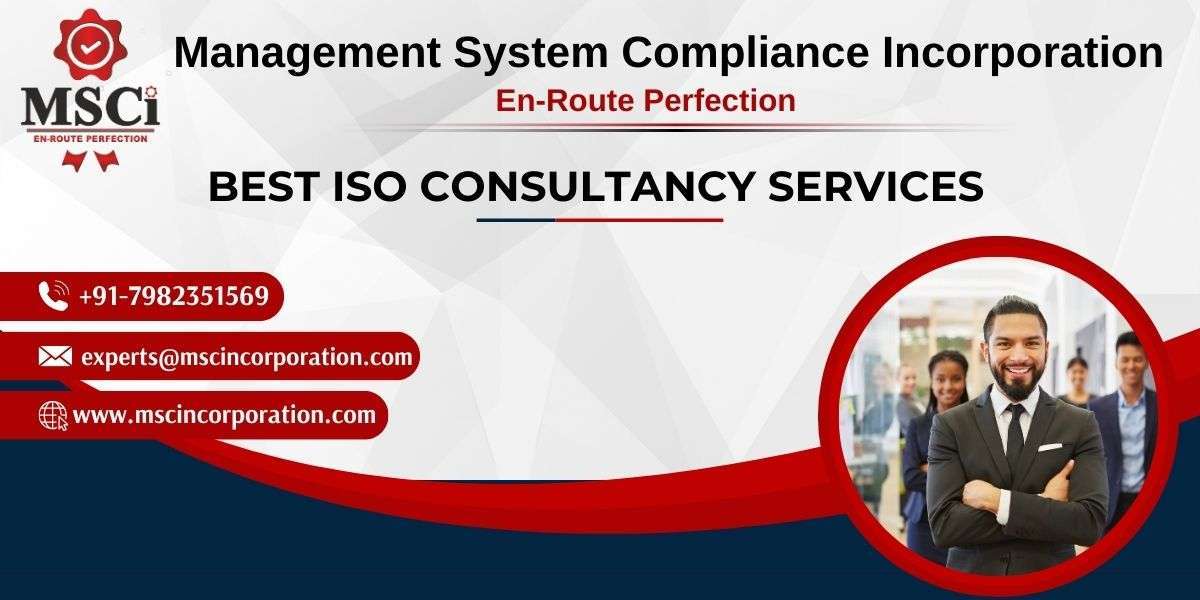ISO consulting refers to the professional guidance and support provided by experts to help organizations implement, maintain, and improve management systems in accordance with International Organization for Standardization (ISO) standards. These consultants assist organizations in achieving ISO certification, ensuring that their processes and systems comply with internationally recognized standards for quality, safety, efficiency, environmental management, information security, and other areas.
Key Aspects of ISO Consulting:
1. Understanding Organizational Needs:
Analyzing the specific requirements and objectives of the organization.
Identifying which ISO standards are relevant and beneficial to the organization.
2. Gap Analysis:
Assessing the current state of the organization’s processes and systems.
Identifying gaps between existing practices and the requirements of the chosen ISO standard.
3. Implementation Planning:
Developing a comprehensive plan to address identified gaps.
Setting timelines, milestones, and specific actions required to achieve compliance.
4. Documentation Assistance:
Helping to create, update, and organize necessary documentation, such as policies, procedures, manuals, and records.
Ensuring all documentation meets ISO standards and is easy to maintain.
5. Training and Development:
Educating employees and management about the ISO standard and their roles in the implementation process.
Conducting workshops and training sessions to build internal expertise.
6. Process Improvement:
Recommending and implementing process improvements to enhance efficiency, quality, and performance.
Introducing best practices and continuous improvement methodologies.
7. Internal Auditing:
Conducting internal audits to evaluate the organization’s compliance with the ISO standard.
Identifying non-conformities and providing recommendations for corrective actions.
8. Certification Preparation:
Guiding the organization through the certification process.
Coordinating with external certification bodies and preparing for certification audits.
Providing support during the certification audit to ensure successful outcomes.
9. Ongoing Support:
Offering continuous support to maintain and improve the management system post-certification.
Conducting periodic reviews and audits to ensure ongoing compliance and improvement.
Benefits of ISO Consulting Services:
1. Expertise: Access to specialized knowledge and experience in ISO standards.
2. Efficiency: Streamlined implementation processes, reducing the time and effort required for certification.
3. Compliance: Ensuring adherence to international standards and regulatory requirements.
4. Quality Improvement: Enhancing the quality and reliability of products and services.
5. Risk Management: Identifying and mitigating risks through improved processes and controls.
6. Competitive Advantage: Gaining a competitive edge through recognized certification and improved business practices.
In summary, ISO consulting helps organizations navigate the complex process of achieving and maintaining ISO certification, ensuring that their systems and processes meet high standards of quality, safety, and efficiency.







